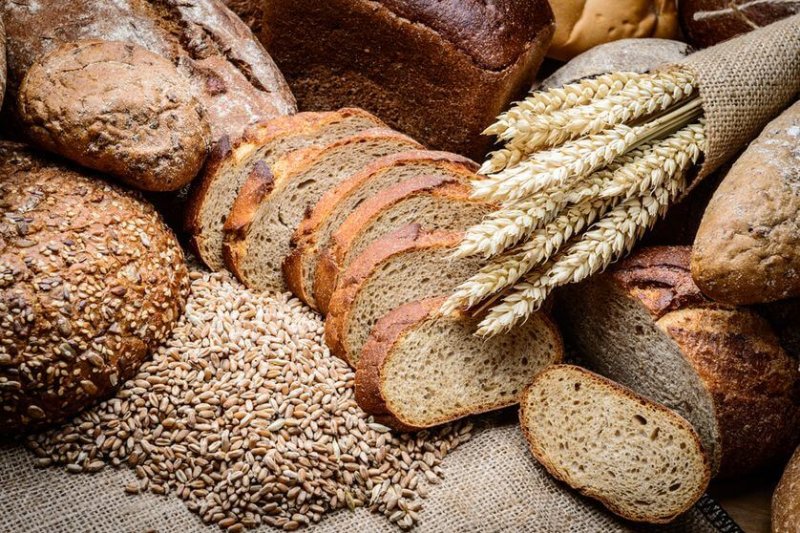Calyxt, Inc., a consumer-centric, food- and agriculture-focused company, announced that the Company’s high fiber wheat product has been declared a non-regulated article under the “Am I Regulated?” process by Biotechnology Regulatory Services of the Animal and Plant Health Inspection Service (APHIS), an agency of the United States Department of Agriculture (USDA). This is Calyxt’s first consumer-centric wheat product and second wheat product (following Calyxt’s powdery mildew resistant wheat, which received non-regulated status by the USDA in February 2016), and seventh product overall, to be given this designation.
…
Calyxt’s high fiber wheat was developed using the Company’s proprietary gene-editing technology, TALEN, and does not contain any foreign DNA. With this USDA confirmation, Calyxt will now continue its trait validation in small- and large-scale field trials and food application development.
…
“Calyxt’s high fiber wheat flour will have up to three times more dietary fiber than standard white flour, with enormous potential to disrupt the multi-billion-dollar industry at large,”[said Manoj Sahoo, Calyxt CCO.]
Calyxt’s high fiber wheat is currently in Phase 1 of the development process and on track for commercialization as early as 2020/2021. This product is now part of a total of seven Calyxt products that have been deemed non-regulated by the USDA, including powdery mildew resistant wheat, high oleic soybean, high oleic / low linolenic soybean, improved quality alfalfa, cold storable potato and reduced browning potato.
Read full, original post: Calyxt’s High Fiber Wheat Deemed Non-Regulated By USDA































